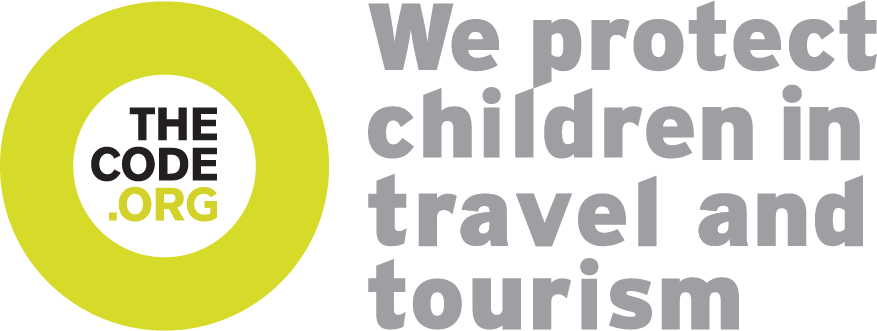Zika Virus Update
Zika continues to be a daily news headline, as the virus (carried by the Aedes aegypti mosquito specifically) spreads across the Pacific Islands, the Caribbean and Central and South America.
When we first reported on the virus back in February (click here to read the post), documented cases existed only in Brazil, Colombia, Ecuador, El Salvador, French Guiana, Guyana, Guatemala, Haiti, Honduras, Martinique, Mexico, Panama, Puerto Rico, Paraguay, St. Martin, Suriname and Venezuela.
Today, just a few months later, the CDC has confirmed cases in the the Pacific Islands of American Samoa, Fiji, Kosrae, Marshall Islands, New Caledonia, Papua New Guina, Samoa and Tonga, as well as in the Caribbean on the islands of Aruba, Barbados, Bonaire, Cuba, Curacao, Dominica, Dominican Republic, Grenada, Guadeloupe, Jamaica, St. Barthes, St. Lucia, St. Vincent/Grenadines, St. Maarten, Trinidad & Tobago and the USVI.
 Unfortunately, the Zika Virus also has spread throughout additional Central and South American countries, including Belize, Costa Rica, Nicaragua, Bolivia and Peru.
Unfortunately, the Zika Virus also has spread throughout additional Central and South American countries, including Belize, Costa Rica, Nicaragua, Bolivia and Peru.
There even are travel-associated cases in the southern continental United States, but NO LOCALLY-ACQUIRED CASES HAVE BEEN REPORTED AT THIS TIME—
there is good news to be had as well!
No matter where you’re going, whether it’s the upcoming 2016 Rio Summer Games in Brazil, a Mayan jungle tour in Guatemala or a beach retreat in Costa Rica, there are a few things travelers can do to minimize the risk of contracting Zika:
- Use insect repellent
- Wear long pants and long-sleeved shirts
- Stay in air-conditioned rooms or at least screened rooms, and use bed nets when sleeping where necessary due to lack of screens
Despite the spread of Zika Virus and lack of effective vaccine, there is some good news:
- The Aedes aegypti mosquito doesn’t live at elevations higher than 6,500 feet, so destinations above this height greatly lower the risk of contracting the virus
- We are coming into South America’s winter season, so mosquito populations will be dwindling in many places
- Zika Virus remains largely non-life-threatening to most populations, with most warnings aimed at pregant couples or those who may become pregnant soon
- A Travel Leaders Group poll recently found that 96 percent of American travelers said Zika has not impacted their travel plans for 2016
- For 2016 Rio Summer Games attendees to Rio de Janeiro and other municipalities in Brazil, the country’s leadership has mobilized 19 agencies and 300,000 agents to work toward eliminating mosquito outbreaks
Please feel free to call our office to discuss specific destinations and general precautions for travel during this time; however, all concerned guests also should consult their doctor prior to making vacation plans.
*Compiled facts from CDC, WHO and Ray Pierce.
Comments
No Comments
Leave a Reply:
You must be logged in to post a comment.














